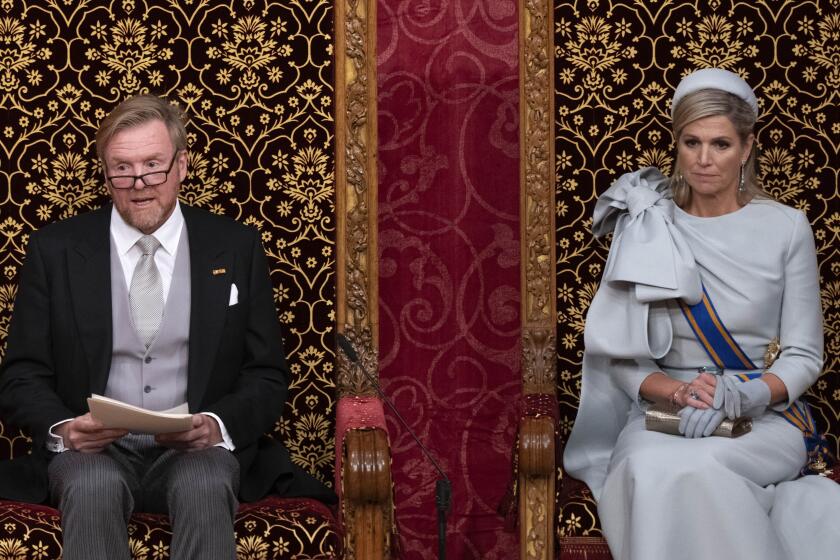Desperately seeking stability
At the age of 11, after years of homelessness, abuse and instability, I was removed from my dysfunctional biological family and placed into foster care. The next six years, until I aged out of the system at 17, were a blur of foster homes, schools and group facilities.
The only permanent and certain thing in my life was impermanence. Among my fellow foster youth, the running joke was that we all had matching luggage -- the large garbage bags our social workers gave us to pack our things in when it was time to move.
Still, I never lost hope. With each new foster family, I thought surely this would be the last, that I would find a home and love to replace that of my mother. I never did, but I was lucky to have siblings -- even though we were seldom together in foster care -- and a number of decent, loving adults in my life.
According to the U.S. Department of Health and Human Services, 129,000 children await adoption from foster care. And for those who never find permanent homes -- about 25,000 each year age out of the foster-care system without having been adopted -- the future is often grim.
They face high rates of incarceration, homelessness, poverty and early childbirth. Less than 47% of foster kids graduate from high school, and less than 4% of those go on to college.
With so many kids needing homes, it is shocking that a growing number of states now prohibit unmarried couples -- gay and straight -- from adopting or serving as foster parents. In November, Arkansas joined a growing list of states that ban such adoptions, including Georgia, Oklahoma, Utah and Mississippi.
My partner, Dan, and I hope to adopt one day. (Gay adoption is legal in California.) And if we do, it will be out of a conviction that kids deserve a better chance than I had for a permanent, loving home.
I’m confused by people who call themselves pro-family yet would prefer to see children bounce from home to home -- or worse, to be raised in an institution -- because there aren’t enough foster homes to go around.
The Arkansas law, which voters passed with a 57% majority, bans all unmarried couples from adopting. But there’s no doubt that it is aimed at gays and lesbians. The initiative came after the state’s Supreme Court struck down as discriminatory a regulation two years ago that specifically banned gays and lesbians -- but not unmarried heterosexual couples -- from adopting. The new law was an attempt to address the court’s concerns.
In its ruling, the Arkansas Supreme Court found that “there is no correlation between the health, welfare and safety of foster children and the blanket exclusion of any individual who is a homosexual.”
According to the Williams Institute at UCLA, about 65,000 U.S. children live with gay adoptive parents. And the research suggests that they aren’t being harmed by their parents’ sexual orientation. A study by the Evan B. Donaldson Adoption Institute in 2006 found that “virtually every valid study reaches the same conclusion: The children of gays and lesbians adjust positively and their families function well.” Studies of gay adoption are fewer in number, but the Donaldson Institute concluded that “the limited research on gay/lesbian adoption points in the same direction.”
Based on my own experience, I’d say children in foster care don’t care about the sexual orientation of people wanting to adopt them. They want loving, permanent and safe environments. Kids shouldn’t become pawns in the nation’s culture wars.
More to Read
Sign up for Essential California
The most important California stories and recommendations in your inbox every morning.
You may occasionally receive promotional content from the Los Angeles Times.










